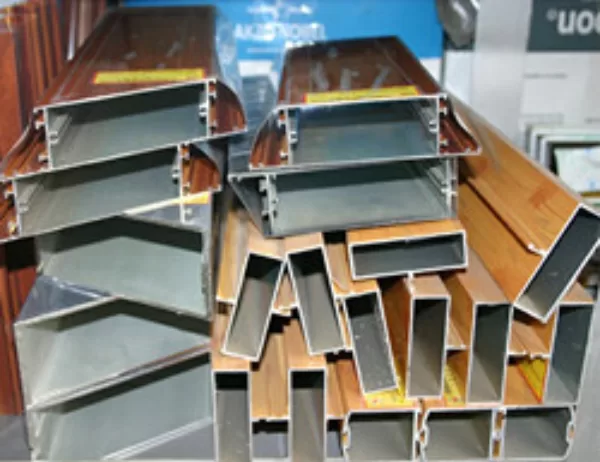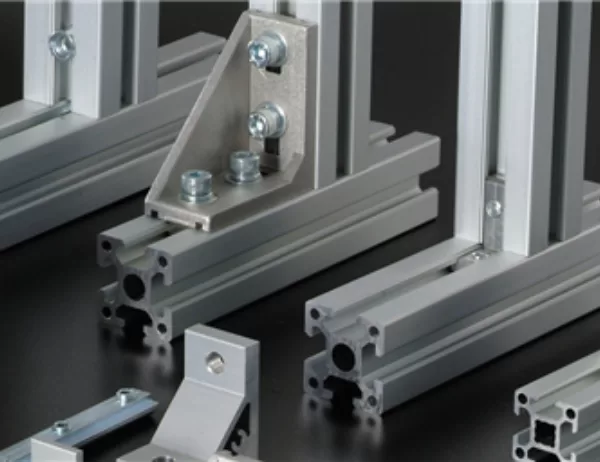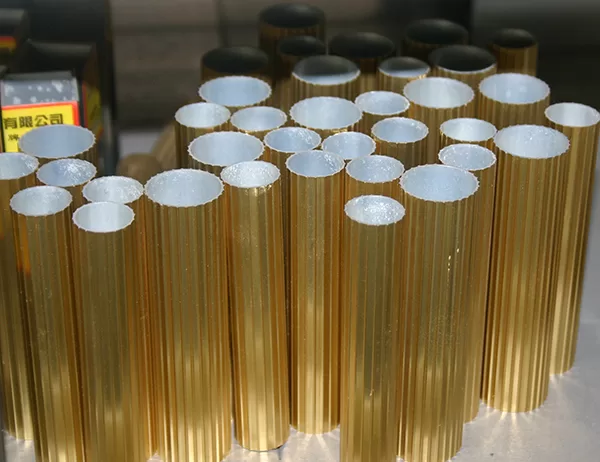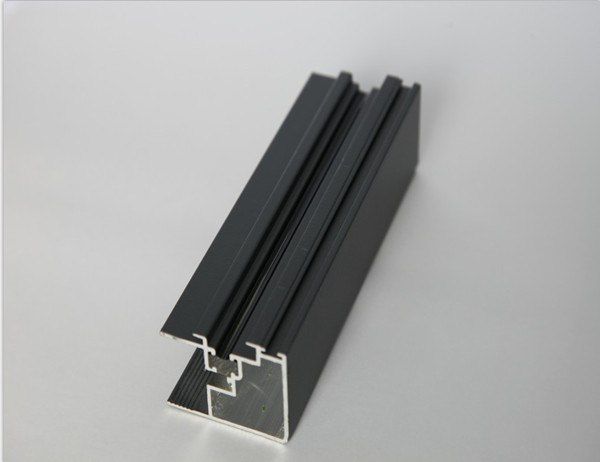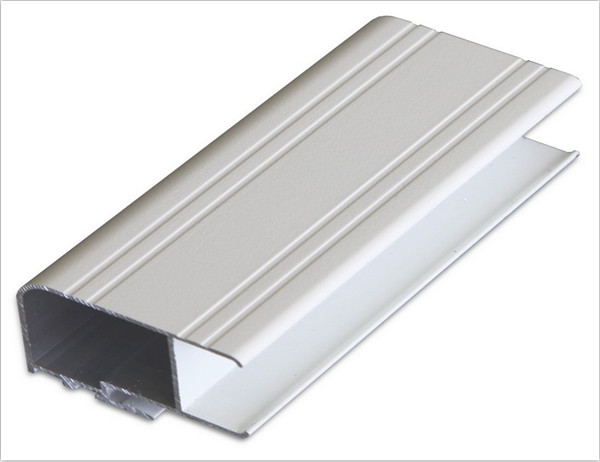The aluminum extrusion industry plays a crucial role in manufacturing various products, from automotive components to architectural structures. Choosing the right aluminum extrusion supplier is essential to ensure product quality, delivery reliability, and cost-effectiveness. To aid in this decision-making process, several key metrics must be considered when evaluating potential suppliers.
Lead Time and Delivery Reliability
Lead Time: The time it takes from order placement to product delivery can significantly impact project timelines. Evaluate suppliers based on their ability to meet lead-time requirements without compromising quality.
Delivery Reliability: Assess the supplier’s consistency in meeting agreed-upon delivery dates. Reliable delivery ensures smooth production processes and minimizes disruptions.
Quality and Certifications
Extrusion Quality: Inspect the supplier’s production capabilities and quality control processes to ensure they meet industry standards and customer specifications. Consider factors such as surface finish, dimensional accuracy, and adherence to tolerances.
Certifications and Accreditations: Verify if the supplier holds industry-recognized certifications and accreditations, such as ISO 9001 or AS9100. These certifications demonstrate compliance with quality management systems and industry best practices.
Cost and Pricing
Pricing: Evaluate the supplier’s pricing structure and compare it to industry benchmarks. Consider both the unit price and any additional costs, such as tooling or inspection fees.
Cost Optimization: Engage with suppliers who can provide value-added services, such as design assistance, process optimization, or material sourcing. These services can help reduce overall project costs.
Customer Service and Support
Responsiveness and Communication: Assess the supplier’s responsiveness to inquiries, technical questions, and requests for quotes. Clear and timely communication is crucial for effective collaboration.
Technical Support: Evaluate the supplier’s ability to provide technical guidance, troubleshooting, and support throughout the project lifecycle. Strong technical expertise ensures optimal product performance.
Equipment and Capabilities
Extrusion Equipment: Determine the supplier’s extrusion equipment specifications, including press size, extrusion speed, and die capabilities. These factors influence the size, shape, and complexity of extrusions that can be produced.
Value-Added Services: Consider suppliers who offer value-added services such as heat treatment, anodizing, or powder coating. These services can enhance the functionality and aesthetics of the extruded products.
Supplier Reputation and Financial Stability
Reputation and References: Research the supplier’s reputation within the industry and seek references from existing customers. Positive feedback and a solid track record indicate reliability and trustworthiness.
Financial Stability: Assess the supplier’s financial health to ensure their long-term viability. Consider factors such as revenue, profitability, and debt-to-equity ratio.
